|
Drawing includes three and a half quarters of the content of painting…Drawing contains everything, except the hue.
-Jean-Auguste-Dominique Ingres
A question I’m often asked by beginners getting started on their art journeys is: “Is it necessary to know how to draw before jumping into painting?” My instinct is always to respond with a resounding “Yes!”, followed by a, “Learn them simultaneously if you’re eager to start painting.” However, I hold myself back because I know we all have different goals, things we enjoy doing (and things we don't), as well as styles we aspire to develop. Plus, just to be clear, I respect each-and-every type of artwork and artist out there. As I’ve shared in the past, I don’t consider any type of art style or way of working “better” than another. So I always answer, “It depends.” In my opinion, there are two circumstances in which spending time learning how to draw wouldn’t benefit an artist very much. 1) If she/he is interested in only working on completely abstract paintings that require little-to-no planning, in which the painting is created 100% intuitively and the medium itself is doing most of the talking/decision-making organically. *Think of acrylic pouring or Jackson Pollock-type drip paintings. Even in these cases, though, I’d highly recommend learning about Art Fundamentals such as Color and other Elements of Art such as Line, Texture and Shape, as well as Composition. This will greatly improve the quality of your work. 2) If she/he is only interested in learning about Color and is okay with tracing over photographs or other people’s work for the foreseeable future. Tracing is okay in the beginning and there is a time/place for it even later on, but if we only trace for long periods of time, we'll hit a wall with our drawing skills. This method does not prepare us to draw freehand confidently or from direct observation (otherwise known as drawing from life). *If you see a professional representational artist tracing, she/he most likely already knows how to draw and is using tracing to speed up the working process. You can find a list of my favorite drawing supplies here. When it comes to any other kind of artwork or artistic goal - yes! even those which revolve around high levels of abstraction or stylization- it's my belief that the artist would greatly benefit from learning to draw. ️ Lots of well-known abstract artists throughout history started by learning the ins and outs of their mediums, as well as understanding the fundamentals, and then they veered away to develop their own thing. And even then, they continued sketching and practicing line work consistently in between larger projects. Whether their drawing was highly minimalistic or abstract is besides the point. This knowledge and practice equipped them to not only create highly distinctive art styles, but also to not be limited by their lack of skills. It’s important to realize that drawing doesn’t only equate to rendering subjects realistically. It’s far beyond that. Knowing how to draw means we understand perspective and 3D form, that we're able to recreate proportions we see effectively, that we're aware of light behavior and value, and that we're able to get original ideas down on paper with the simplest (and cheapest) of tools. It's being able to lay down the "bones" for our paintings from scratch, with a minimal amount of tools and with imperfections that are particular to us, which enables us to develop styles that are highly unique. We're also able to make sense of our visual compositions via thumbnail sketches before moving on to the painting process. Our understanding of all of these impacts our painting tremendously, even when we’re not looking for the highest levels of realism. So… in my opinion, drawing and painting are 100% intertwined. And honestly, I’m not sure why anyone looking to make deep progress artistically would want to jump over drawing. What I’ve seen in my many years of developing my own skills and also teaching lots of different people, is that those who know how to draw are able to move on to painting successfully a lot faster than those who don’t. Anyone can learn how to draw and your paintings will be better for it. So why not do it? Learning how to draw doesn't have to be hard if you approach your journey in a smart, step-by-step way. I cover all of the must-know basics to get you started in my Drawing for the Total Beginner Mini-Course, which you can access for free here. Here are 5 reasons why learning to draw will positively affect your artistic development: 1. Through drawing we start developing our observational skills, our fine motor skills and our hand-eye coordination with tools that are similar to what we've been using since we were kids (pencils and pens) before jumping into paintbrushes and paint. ️ 2. Aside from Color, lots of essential Art Fundamentals such as 3D Form, Perspective, initial phases of Value, etc., are learned through drawing and sketching. We're also able to understand what makes something look realistic via practicing drawing in grayscale before starting in with the monster of a topic which is Color. This makes our learning much less overwhelming. Not sure what Art Fundamentals are? Check out this video. 3. You’re not limited by what you can and can’t do, and can create artwork from scratch (no need to trace or use intricate grids). *Grids, just like tracing, are also ok to use when you already know how to draw and understand the importance of seeing the global picture, as well as the fundamentals. 4. Most representational paintings get developed on some sort of preliminary sketch or start with a preliminary sketch, which is the foundation for everything else. No amount of color, texture or even shading will fix a faulty foundation. ️ 5. You can draw anywhere, at any time, and with a minimum amount of supplies. This makes it much more easy for us to stay consistent with our art practice, and consistency is absolutely key. Because of all these reasons, though I consider myself to be primarily a painter (I sell my paintings and teach people all around the world how to paint), I plan on continuing with my drawing practice throughout my journey. This is also why I teach the way I teach, as well as why ever since I started my blog and YouTube channel, I thread drawing and sketching into the content I share. To me, drawing is 100% the basis for all kinds of art. You can find a list of my favorite drawing supplies here.
16 Comments
5/31/2021 07:52:53 am
Hi Erika, thank you for posting this blog. With so many things in life, we often want to walk before we can crawl. Technique is a vital part of becoming more efficient in art, may it be painting or drawing, and it is something many of us overlook.
Reply
6/1/2021 01:03:04 pm
Hey, there!
Reply
10/16/2021 09:55:18 am
I love painting a lot. Thank you for the great guide. It will surely improve my painting skills.
Reply
10/18/2021 05:54:10 pm
Hey, there!
Reply
7/13/2022 12:44:56 pm
I believe learning how to draw is important before you start doing Painting, because eventually you would need a sketch to fill it with paint. So if you don't know how to draw then you would need someone else help to draw it for you, so you can paint.
Reply
7/14/2022 07:03:20 pm
Hey, there!
Reply
I never took into account the fact that a realistic drawing can be achieved by practicing first on grayscale. I have never been the creative one in our family, but I would love to at least try and improve what I have as a hobby. So I will follow your advice and get art supplies for a grayscale type of drawing and see where it will take me next year.
Reply
1/3/2023 12:16:57 pm
Hi, Mia!
Reply
1/18/2023 09:18:25 am
I love how you point out that knowing how to draw is a fundamental skill in visual art. My younger cousin is really interested in creating art and my aunt wants to help them develop that skill. We've been looking into signing him up for some extracurricular art classes so he can dedicate time to learning the skill.
Reply
1/18/2023 09:58:44 am
Hi, Jessie!
Reply
1/31/2023 01:14:55 pm
Hi, there!
Reply
9/5/2023 02:36:02 am
Thank you for this insightful article! I couldn't agree more that knowing how to draw is a fundamental skill for any painter. It lays a strong foundation for understanding shapes, forms, and proportions, which are essential in creating captivating artworks. Your article reinforces the importance of honing these skills. Keep up the great work! - Tristian
Reply
9/5/2023 12:57:20 pm
Thanks so much for reading, Tristian!
Reply
9/11/2023 02:56:51 am
I couldn't agree more with your article on how knowing how to draw can significantly enhance one's painting skills. Your insights into the interconnectedness of these two art forms are enlightening. As a budding artist, your tips are like stepping stones toward improvement, and I'm genuinely grateful for the guidance you provide through your blog. Keep up the fantastic work, and thank you for sharing your knowledge!
Reply
7/19/2024 12:12:46 pm
Thanks for this great post! I found it very helpful and interesting.
Reply
Leave a Reply. |
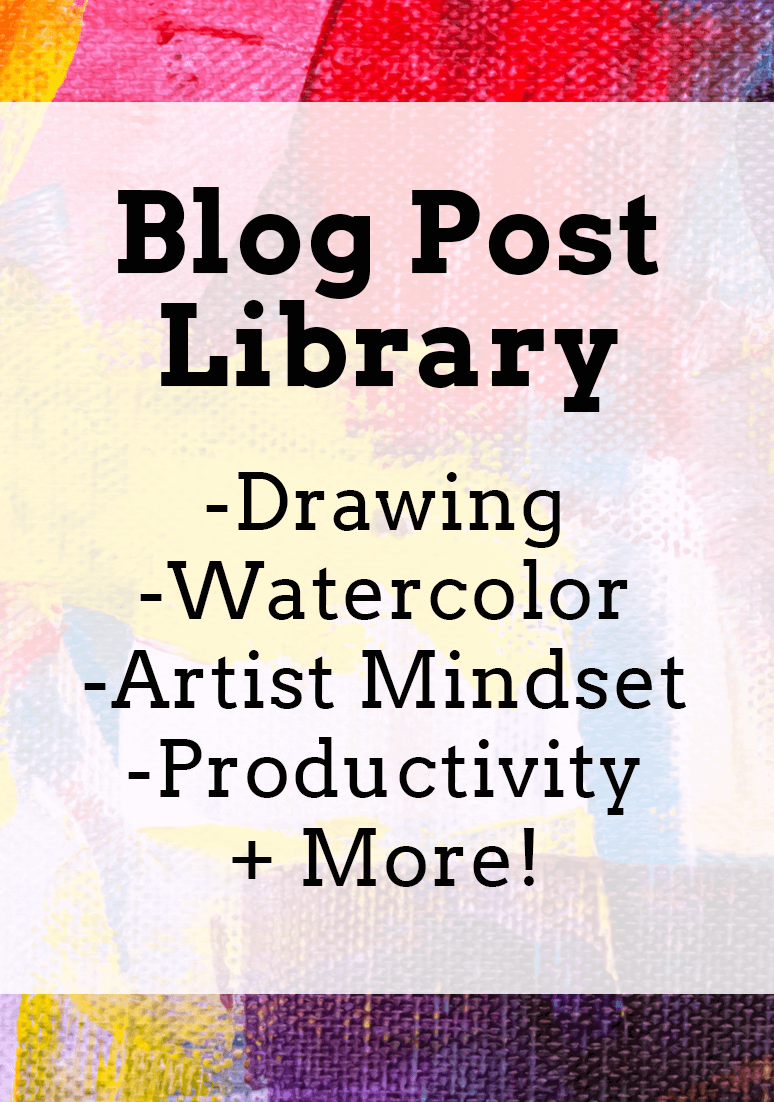
www.erikalancaster.com
is a participant in the Amazon Services LLC Associates Program, an affiliate advertising program designed to provide a means for sites to earn advertising fees by advertising and linking to amazon.com. www.erikalancaster.com is a participant in the Shareasale.com Affiliate Program, an affiliate advertising program designed to provide a means for sites to earn advertising fees by advertising and linking to Shareasale.com partner companies. |

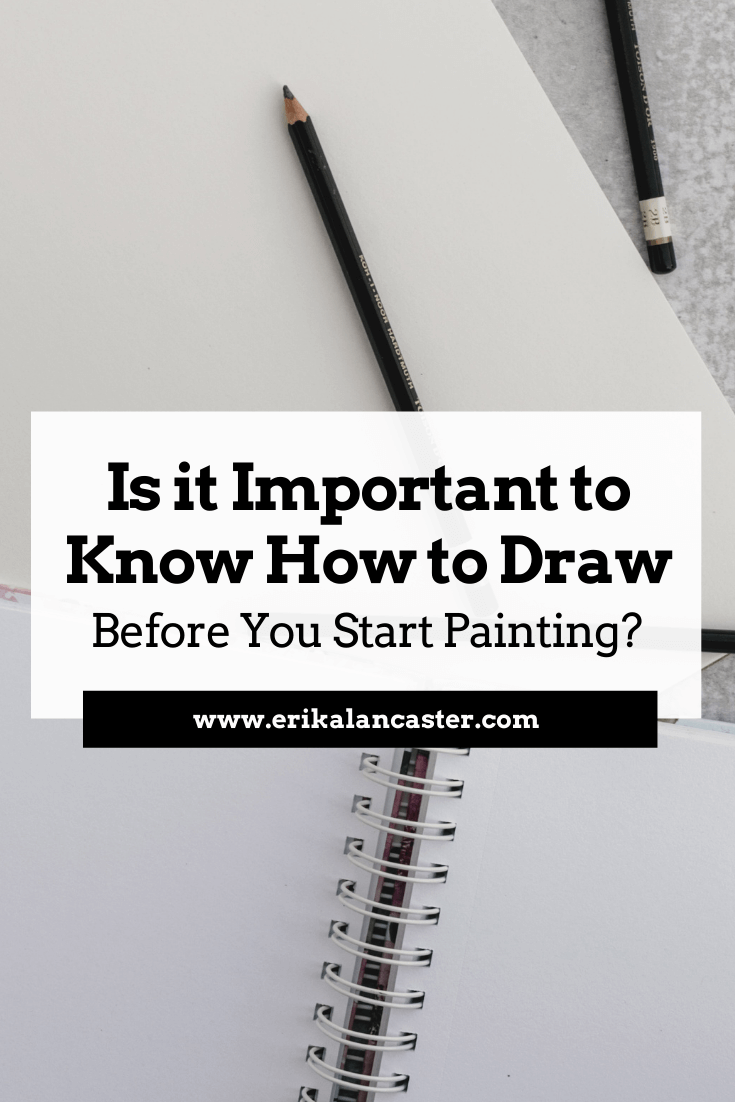
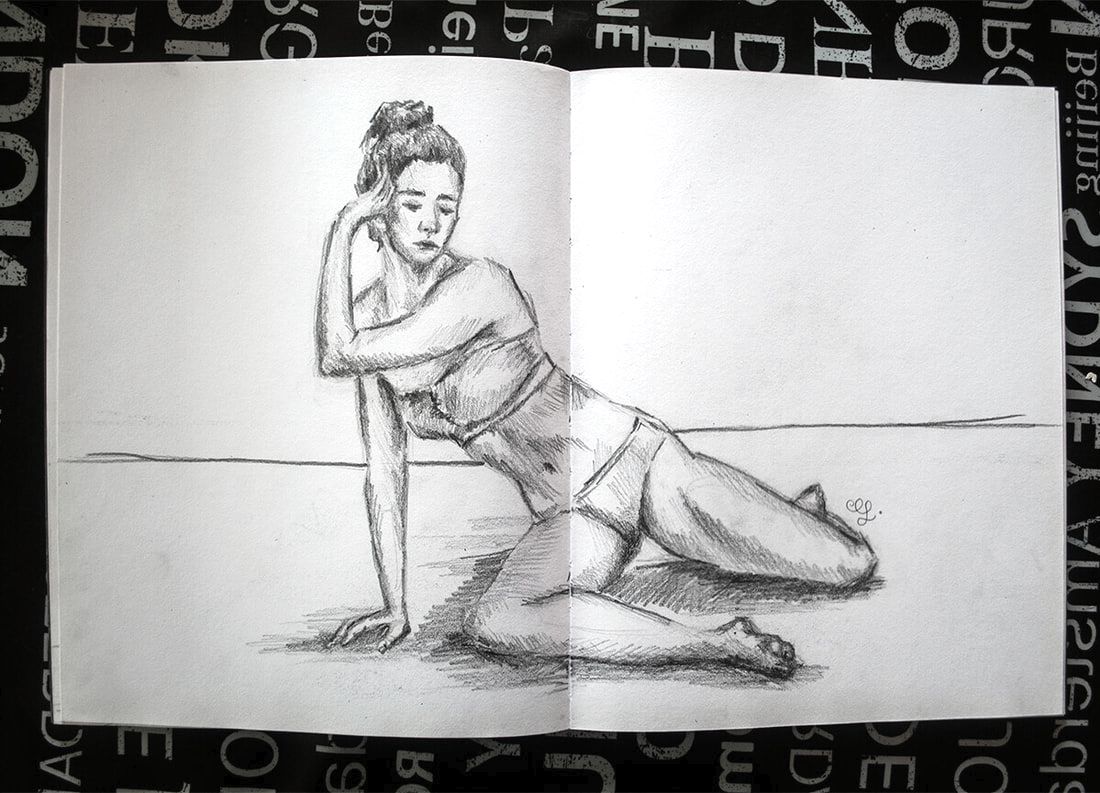
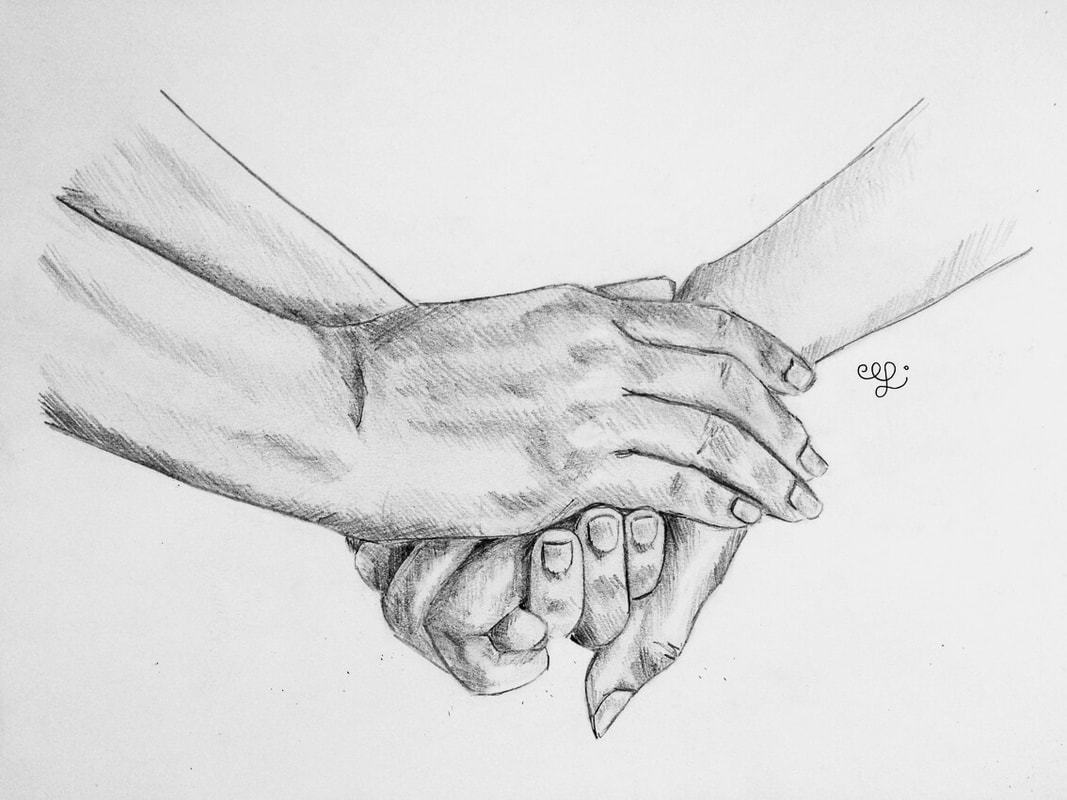
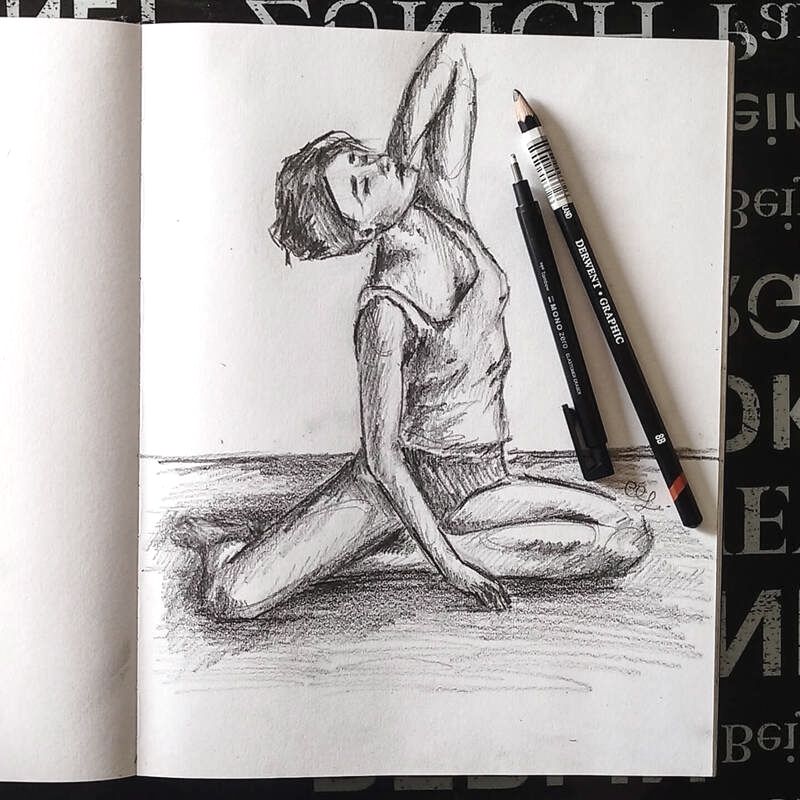
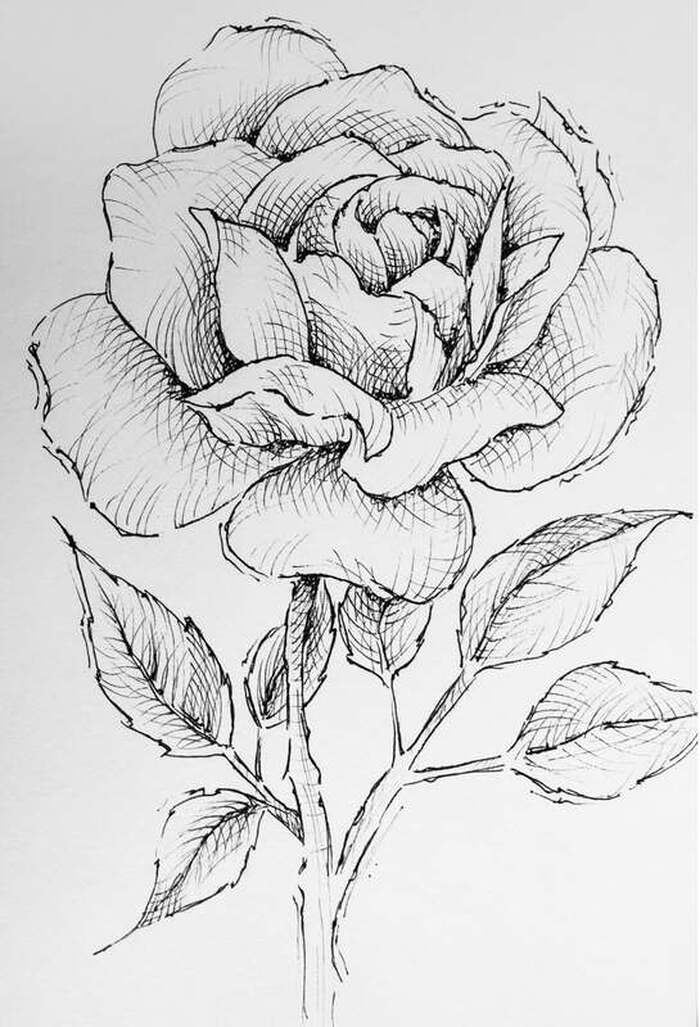
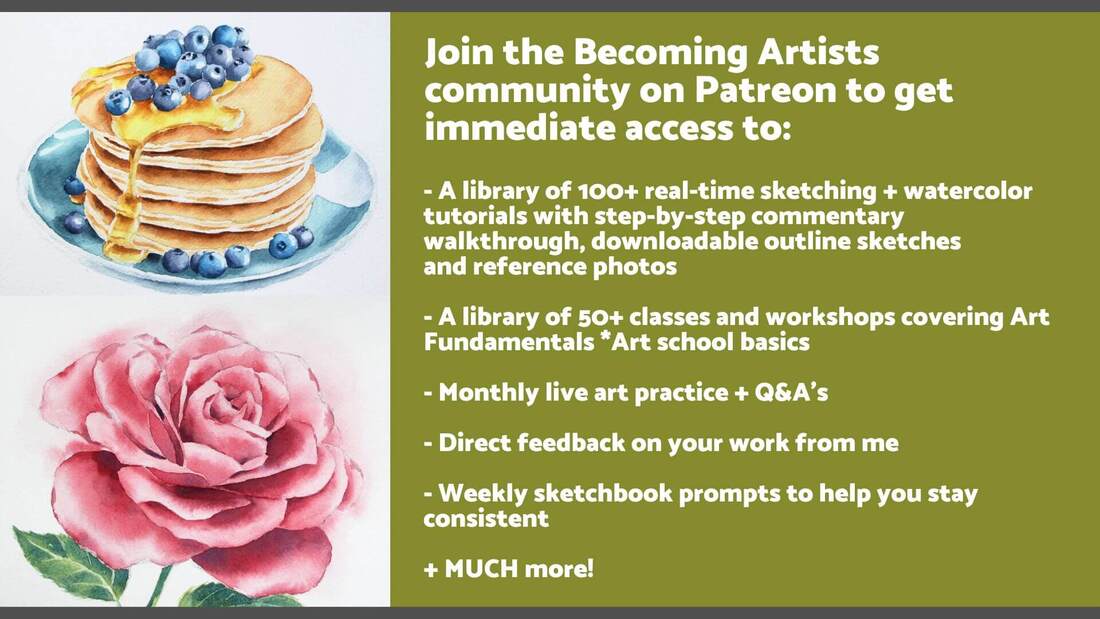

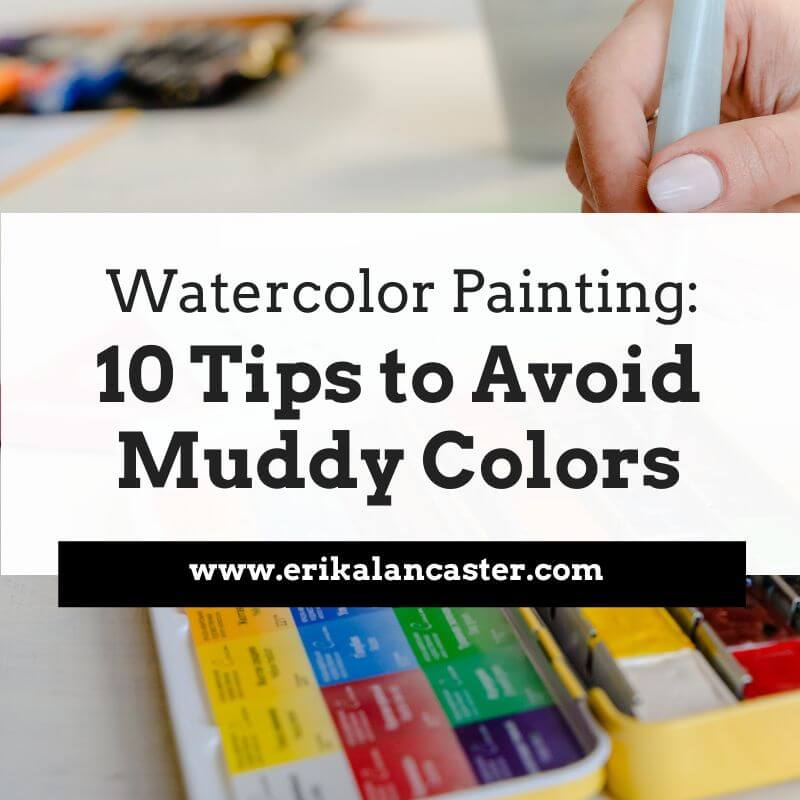
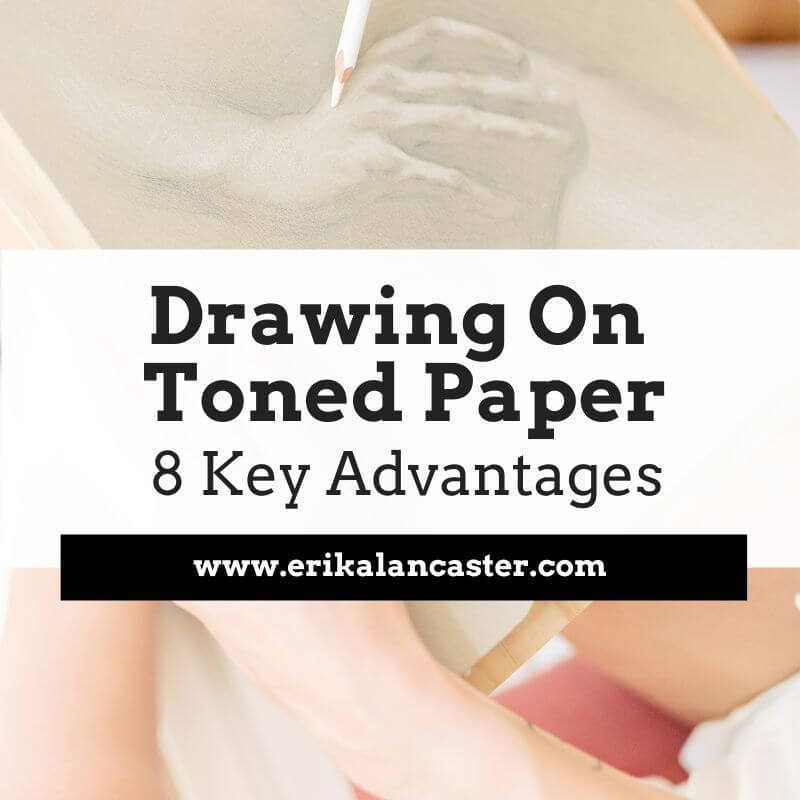
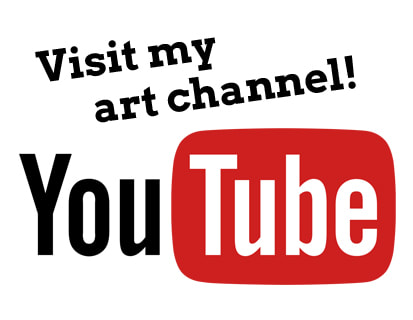
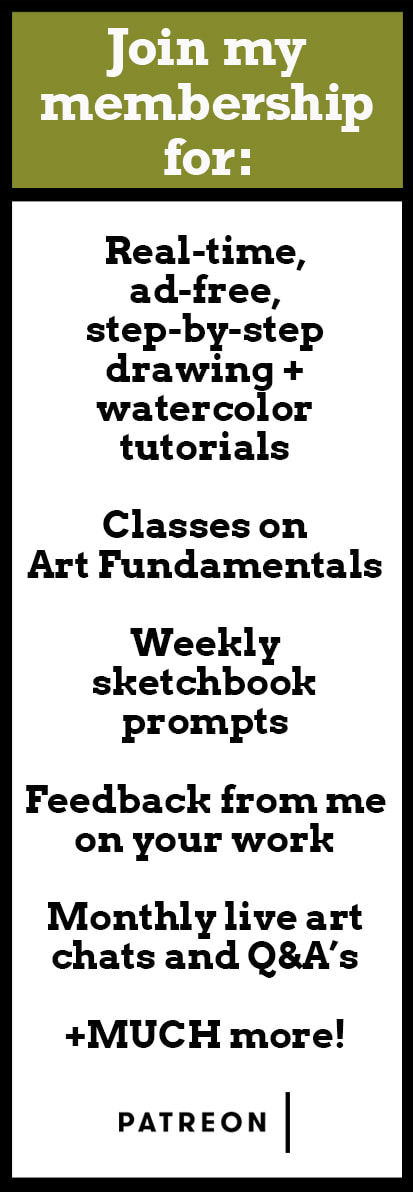
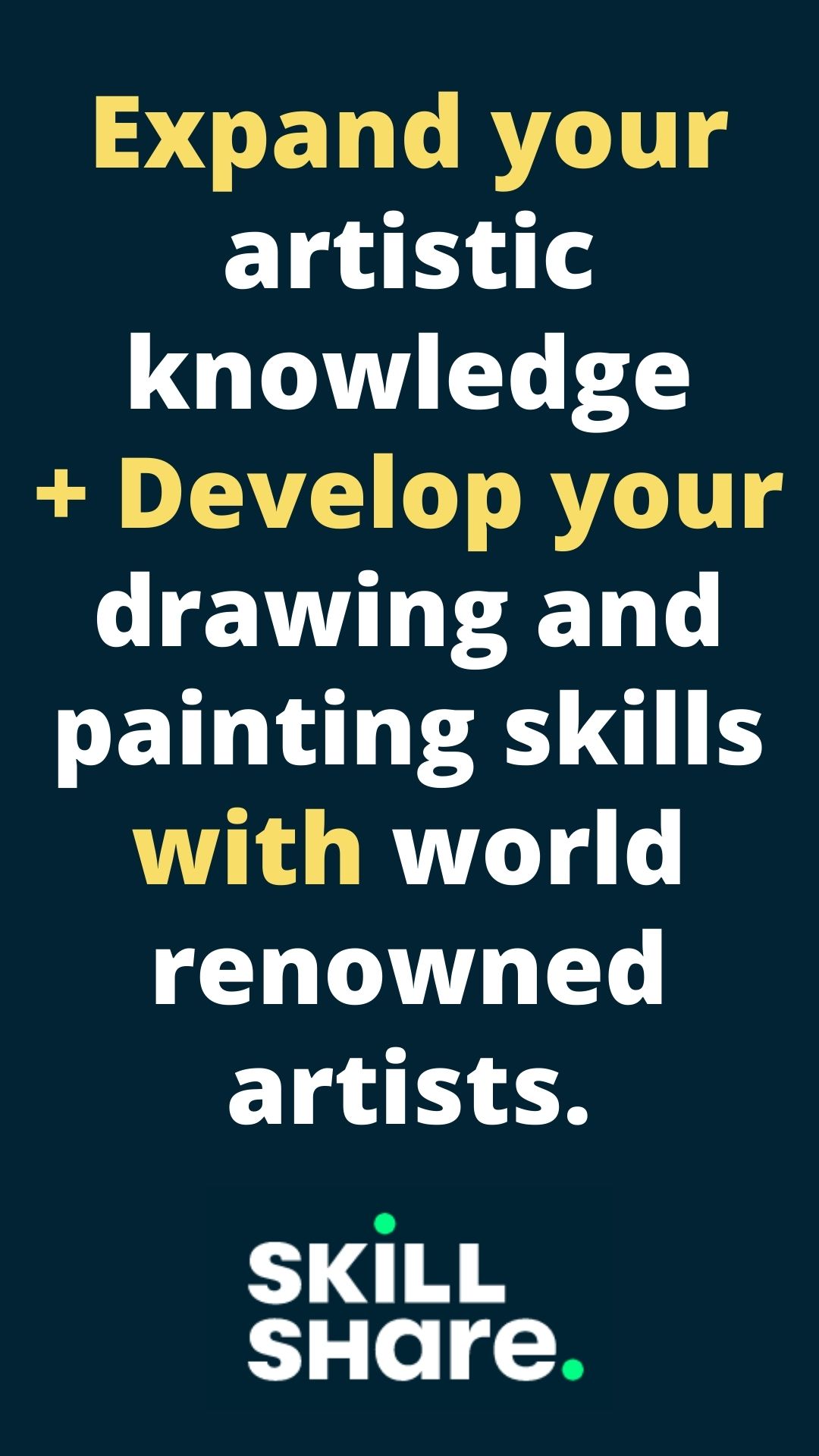

 RSS Feed
RSS Feed

